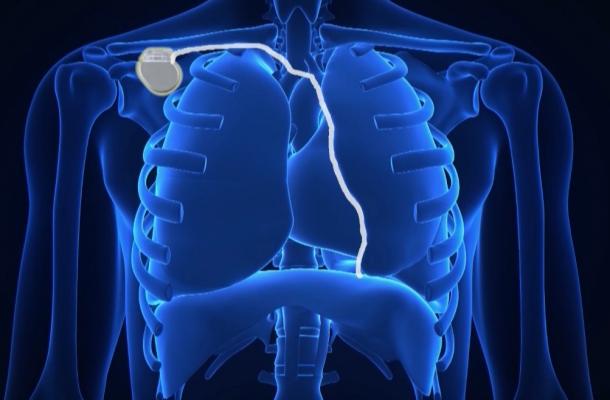
July 31, 2019 — The chances of patients experiencing complications after having a cardiac device implanted vary according to where they have the procedure.
A study of 174 hospitals in Australia and New Zealand published in the Annals of Internal Medicine shows that the quality of care people receive may account for the wide variation in the rate of complications after having a cardiovascular implantable electronic device (CIED) insertion.
“The study included 81,304 patients who received a new CIED with 65,711 permanent pacemakers and 15,593 implantable cardioverter-defibrillators,” said the study’s lead author, University of Adelaide’s Isuru Ranasinghe, Ph.D., senior cardiologist, Central Adelaide Local Health Network. “Permanent pacemakers and implantable cardioverter-defibrillators are among the most common and costly devices implanted in hospitals.
“CIED complications are common with 8.2 percent of patients implanted with new devices having a major device-related complication within 90 days of their operation. Complications experienced by patients vary between two- and three-fold among hospitals, which suggests that there is significant variation in CIED care quality,” added Ranasinghe
Nearly 19,000 pacemakers and more than 4000 defibrillators were implanted in Australia alone last year. Pacemakers are often fitted to elderly people who suffer from bradycardia where their heart beats too slowly. They use electrical pulses to prompt the heart to beat at a normal rate. Cardioverter-defibrillators track a person’s heart rate, and if an abnormal heart rhythm is detected, the device delivers an electric shock to restore the heart rhythm to normal.
“Serious complications can cause considerable patient harm and adds to avoidable healthcare costs. About 60 percent of these complications occur after leaving the hospital so many doctors and hospitals may not be fully aware of the complications experienced by patients,” said Ranasinghe.
Associate Prof. Anand Ganesan, a study co-investigator and a cardiac electrophysiologist at Flinders Medical Centre said, “What this study really shows is that we should be routinely reporting hospital complication rates to make these fully visible to clinicians, hospitals and the community at large. We should also invest in strategies proven to reduce these, such as optimizing procedural technique, adopting better infection control measures and managing blood thinning drugs peri-procedure.”
Ranasinghe said, “Encouraging hospitals to take part in quality improvement activities such as auditing complications and engaging in clinical quality registries also reduce complications over time.”
This study was funded by the HCF Research Foundation, with additional funding support from the National Heart Foundation of Australia and The Hospital Research Foundation.
For more information: www.annals.org
Reference
1. Ranasinghe I., Labrosciano C., Horton D., et al. Institutional Variation in Quality of Cardiovascular Implantable Electronic Device Implantation: A Cohort Study. Annals of Internal Medicine, published online July 30, 2019. DOI: 10.7326/M18-2810


 January 05, 2026
January 05, 2026 









